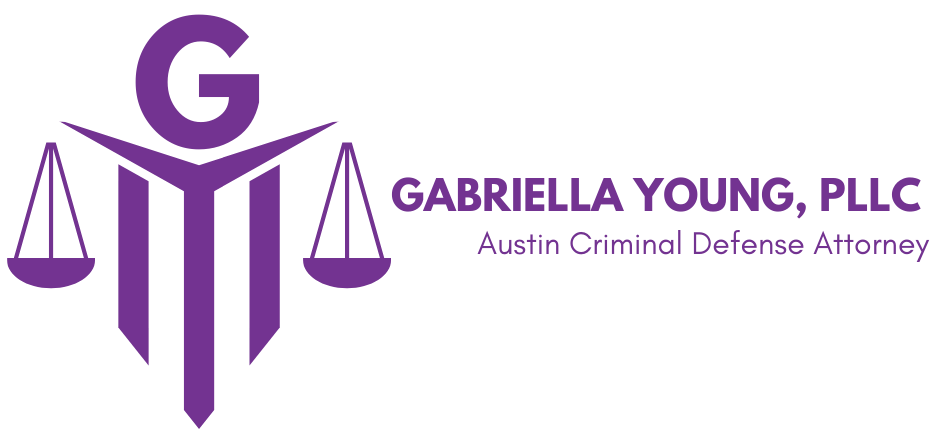Upcoming votes regarding the liquor proposition in one area of the state of Texas will essentially be following the continued shake-off of what’s referred to as “blue laws.” These laws enabled voters to determine the overall extent of alcohol sales in their area of residence, which have resulted in the proliferation of access to alcohol in areas that are otherwise normally dry.
Other blue laws currently remain on the books in the state, and they include the following:
*Liquor stores closed on Sunday
*Auto sales limited to Saturday or Sunday every weekend, but not both days together
Historians claim that these laws initially were printed on blue paper, which is apparently how they received their name. However, there are others who insist that the name came from the “blue” epithet, which, at that time, was a derogatory phrase referring to both social practices and puritanical beliefs. Essentially, these types of laws focused more on getting people to attend church services by deterring people from drinking, gambling, shopping, playing, and working.
The state of Texas would go on to fight over these types of laws, as there was a mixed amount of success after preachers, businessmen, and legislators disputed things such as beer sales, movie showings, and department store openings. The last “blue law” would then be passed in 1961, and it prohibited many customer goods from being sold on Sundays.
These days, the sale of alcohol remains the only true “blue law” that remains in effect in some areas of Texas, with residents in some communities having to make a short drive to a neighboring town in order to purchase their liquor. Currently, seven counties in the state remain dry, as opposed to 53 back in 1995.
Thank you for visiting Gabriella Young’s blog, an Austin criminal defense attorney. We write to inform locals about law changes, current events and news.

